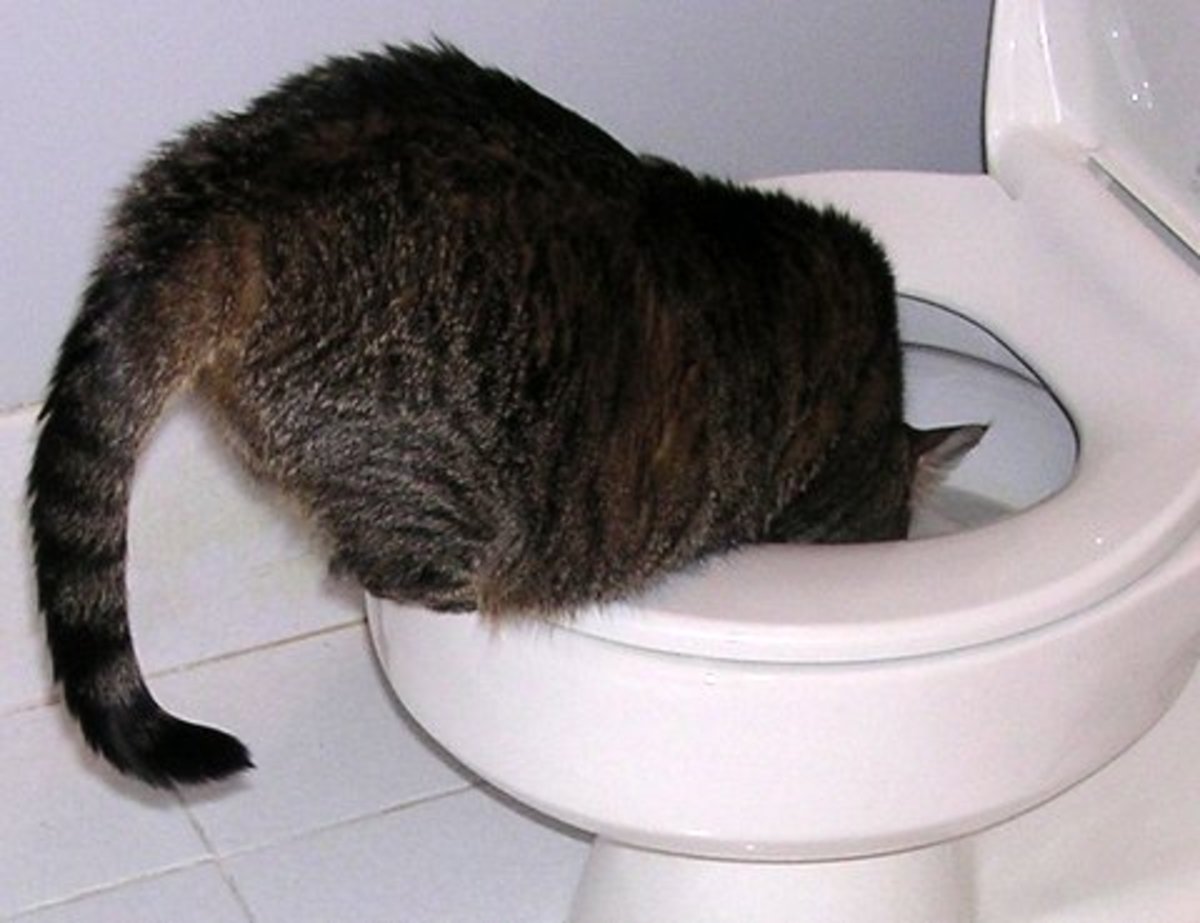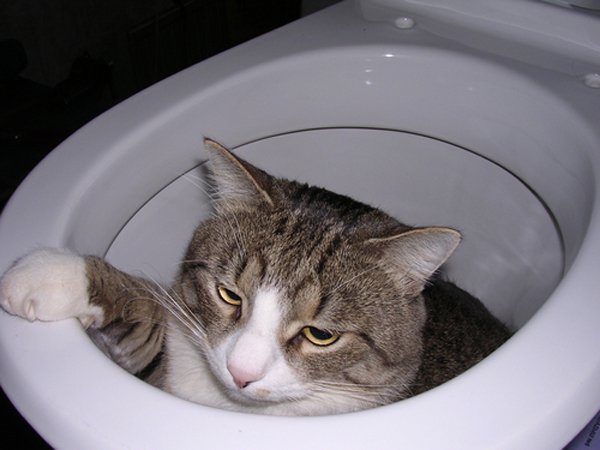The Risks of Disposing Cat Poop in Your Toilet - Precautionary Measures
The Risks of Disposing Cat Poop in Your Toilet - Precautionary Measures
Blog Article
The content listed below involving Don’t flush cat feces down the toilet is particularly insightful. You should take a peek.

Intro
As pet cat proprietors, it's vital to be mindful of exactly how we take care of our feline pals' waste. While it might seem practical to purge feline poop down the toilet, this technique can have detrimental repercussions for both the environment and human health.
Alternatives to Flushing
Thankfully, there are much safer and more accountable methods to get rid of cat poop. Consider the adhering to options:
1. Scoop and Dispose in Trash
The most typical method of taking care of cat poop is to scoop it into a naturally degradable bag and toss it in the trash. Be sure to make use of a dedicated trash inside story and take care of the waste immediately.
2. Use Biodegradable Litter
Opt for naturally degradable cat clutter made from products such as corn or wheat. These trashes are environmentally friendly and can be securely gotten rid of in the garbage.
3. Bury in the Yard
If you have a lawn, consider hiding pet cat waste in a marked location far from veggie gardens and water sources. Make sure to dig deep enough to prevent contamination of groundwater.
4. Install a Pet Waste Disposal System
Buy an animal waste disposal system specifically developed for feline waste. These systems utilize enzymes to break down the waste, reducing smell and environmental effect.
Health and wellness Risks
In addition to environmental issues, flushing cat waste can also present wellness dangers to people. Feline feces may have Toxoplasma gondii, a bloodsucker that can create toxoplasmosis-- a potentially extreme illness, particularly for pregnant ladies and people with weakened immune systems.
Ecological Impact
Purging pet cat poop introduces damaging virus and bloodsuckers right into the supply of water, posturing a significant danger to marine ecological communities. These pollutants can negatively affect aquatic life and compromise water top quality.
Conclusion
Responsible pet ownership expands past supplying food and shelter-- it likewise entails appropriate waste management. By avoiding purging pet cat poop down the commode and going with alternate disposal techniques, we can decrease our environmental footprint and safeguard human health and wellness.
Why You Should Never Flush Cat Poop Down the Toilet
A rose by any other name might smell as sweet, but not all poop is created equal. Toilets, and our sewage systems, are designed for human excrement, not animal waste. It might seem like it couldn’t hurt to toss cat feces into the loo, but it’s not a good idea to flush cat poop in the toilet.
First and foremost, assuming your cat uses a litter box, any waste is going to have litter on it. And even the smallest amount of litter can wreak havoc on plumbing.
Over time, small amounts build up, filling up your septic system. Most litter sold today is clumping; it is made from a type of clay that hardens when it gets wet. Ever tried to scrape old clumps from the bottom of a litter box? You know just how cement-hard it can get!
Now imagine just a small clump of that stuck in your pipes. A simple de-clogger like Drano isn’t going to cut it. And that means it’s going to cost you big time to fix it.
Parasitic Contamination
Believe it or not, your healthy kitty may be harboring a nasty parasite. Only cats excrete Toxoplasma in their feces. Yet it rarely causes serious health issues in the cats that are infected. Most people will be fine too if infected. Only pregnant women and people with compromised immune systems are at risk. (If you’ve ever heard how women who are expecting are excused from litter cleaning duty, Toxoplasma is why.)
But other animals may have a problem if infected with the parasite. And human water treatment systems aren’t designed to handle it. As a result, the systems don’t remove the parasite before discharging wastewater into local waterways. Fish, shellfish, and other marine life — otters in particular — are susceptible to toxoplasma. If exposed, most will end up with brain damage and many will die.
Depending on the species of fish, they may end up on someone’s fish hook and, ultimately on someone’s dinner plate. If that someone has a chronic illness, they’re at risk.
Skip the Toilet Training
We know there are folks out there who like to toilet train their cats. And we give them props, it takes a lot of work. But thanks to the toxoplasma, it’s not a good idea.

I'm just very intrigued by Can You Flush Cat Poo or Litter Down the Toilet? and I am praying you appreciated my page. In case you enjoyed our post please be sure to share it. Thanks a bunch for your time. Kindly check our site back soon.
Visit Site Report this page